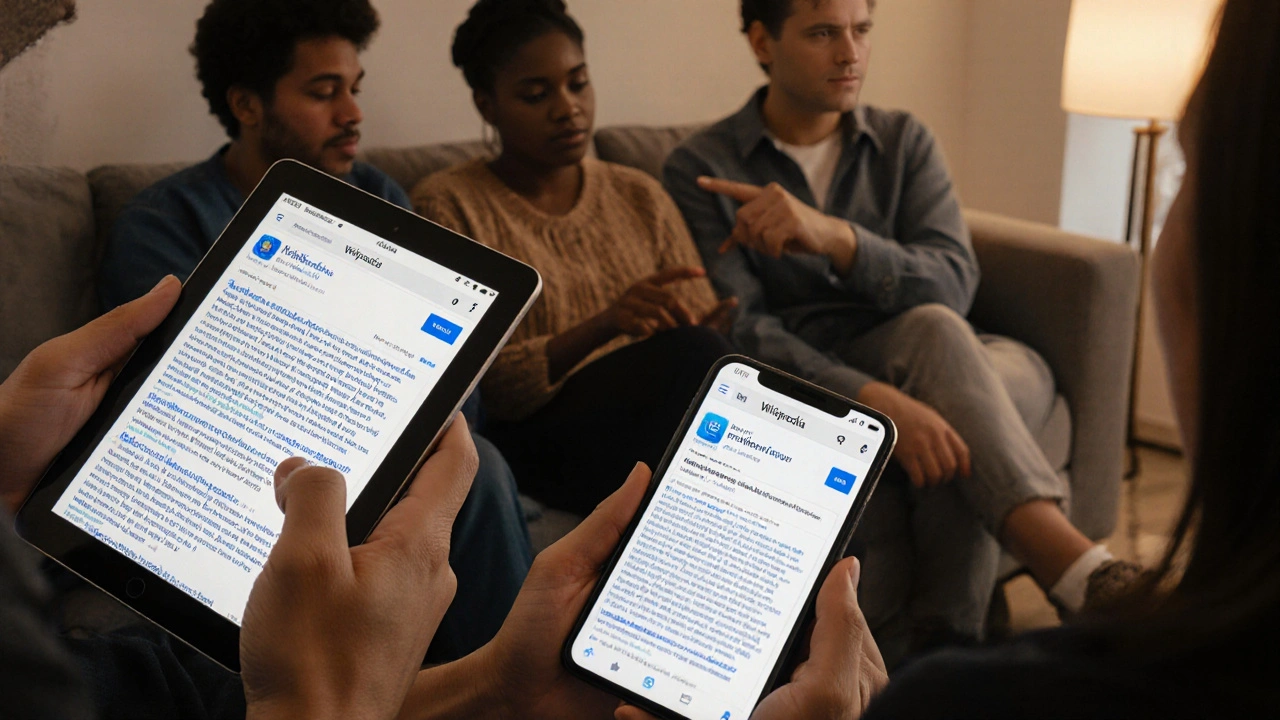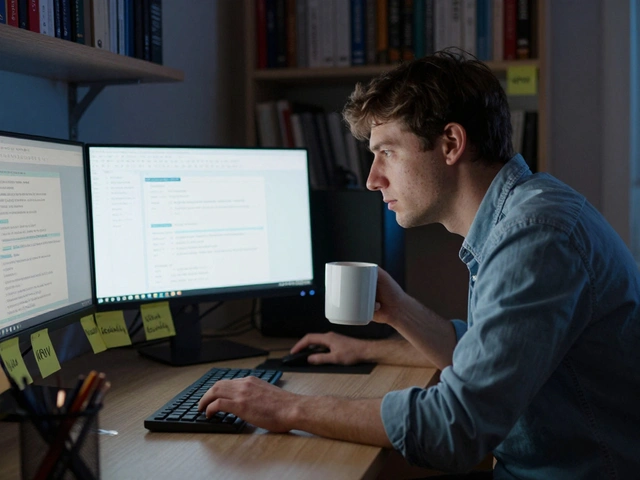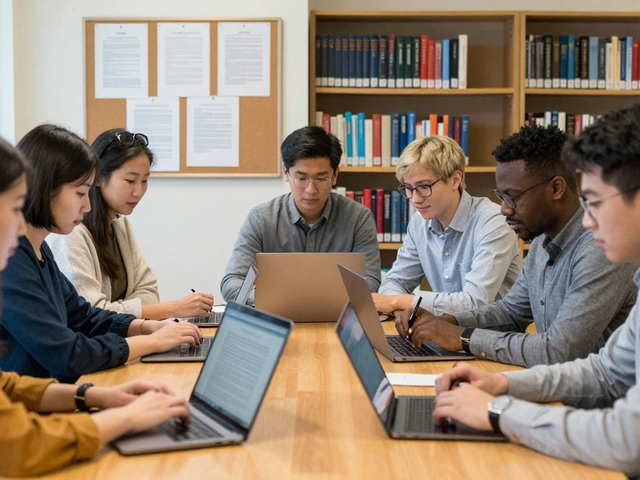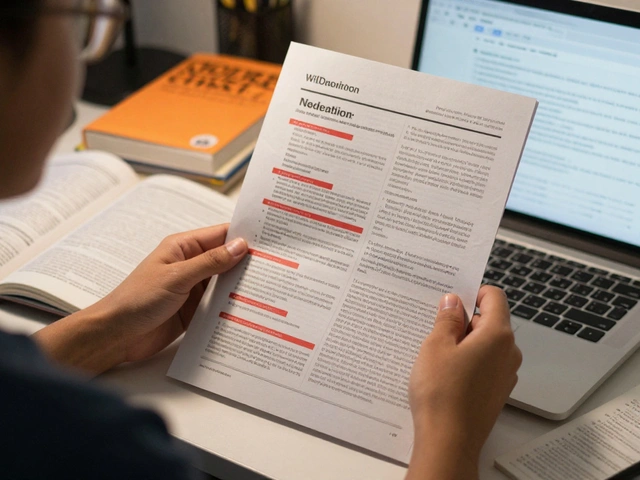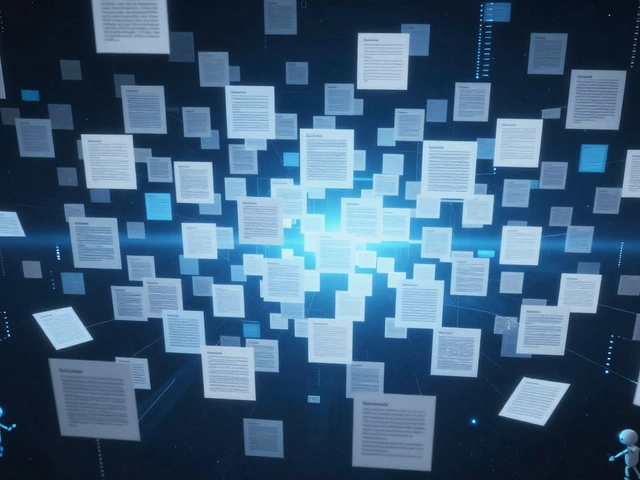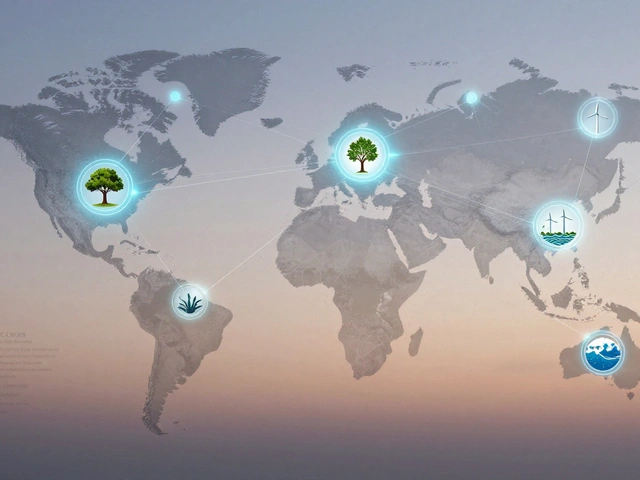Online Information: How Wikipedia Shapes What We Know Online
When you search for something online, you're not just finding facts—you're interacting with online information, the collective body of data, claims, and sources accessible through digital networks. Also known as digital knowledge, it’s shaped less by algorithms and more by the people who verify, debate, and update it—like the volunteers behind Wikipedia. Unlike social media or AI-generated summaries, Wikipedia doesn’t chase clicks. It asks: Is this backed by reliable sources? Who wrote it? Can it be checked? That’s what makes it different—and why it’s under pressure.
Online information today is flooded with AI-generated text that looks real but often gets facts wrong. AI ethics, the set of principles guiding how artificial intelligence should handle human knowledge is now a major concern because AI systems scrape Wikipedia without permission, then spit out distorted versions of its content. Meanwhile, open knowledge, information freely available for anyone to use, share, and build on is being locked behind corporate paywalls or erased by copyright takedowns. Wikipedia fights back with policies like CC BY-SA licensing and due weight, making sure minority voices aren’t drowned out by loud but unsupported claims.
Behind every piece of accurate online information is a human editor. Someone checked a journal article. Someone fixed a typo in a medical page. Someone argued for hours on a talk page to make sure a local history wasn’t deleted because it didn’t have enough press coverage. These aren’t glamorous tasks—but they’re what keep online information trustworthy. The posts below show you how this system actually works: how volunteers track edits, how Wikidata links facts across languages, how journalists use Wikipedia without citing it, and how AI is changing the game. You’ll see how bias gets corrected, how backups prevent data loss, and why a fan of fantasy novels might be doing more to keep Wikipedia alive than you think. This isn’t theory. It’s the real, messy, vital work of building a public library for the internet.
Public Perception of Wikipedia vs Emerging AI Encyclopedias in Surveys
Surveys show people still trust Wikipedia more than AI encyclopedias for accurate information, despite faster AI answers. Transparency, source verification, and human editing keep Wikipedia ahead.
